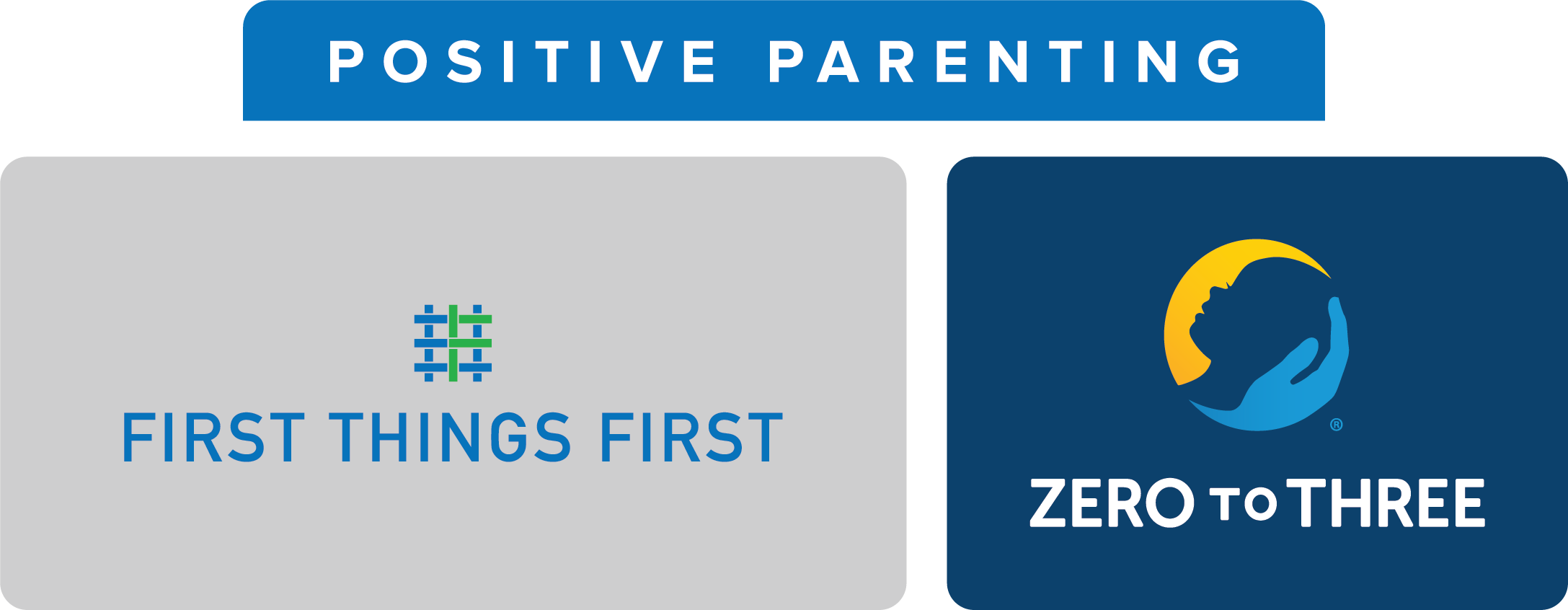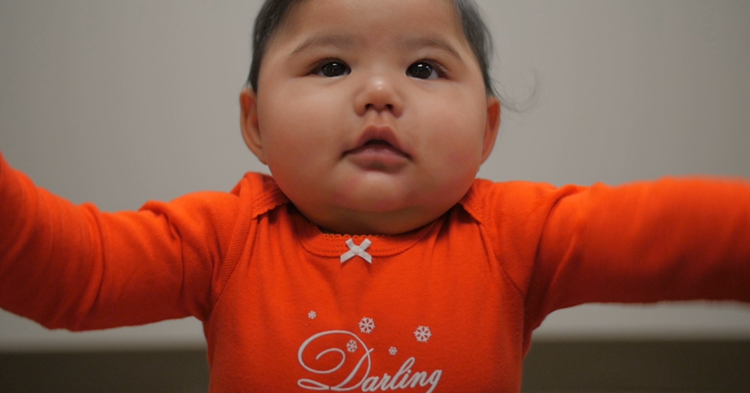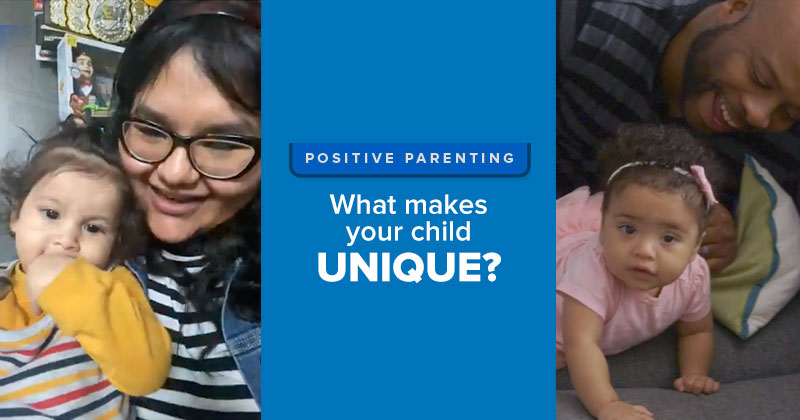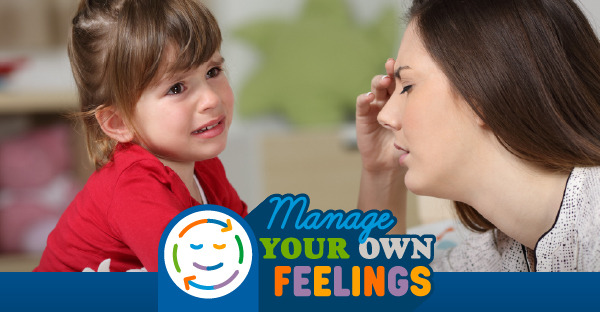Toddlers have very big feelings and very little self-control, a combination that can erupt at any moment into crying, screaming, throwing things, throwing themselves on the ground (at home or in public) and other toddler meltdowns. Over what? Anything from the proverbial spilled milk to the color of the pajamas they want (demand!) to wear to bed. (And don’t bother explaining that their eyes will be closed while they sleep so the color of their pjs doesn’t matter. Little ones aren’t rational either.)
Of course, it’s completely normal for them to be as emotional and unreasonable as they can be. The part of the brain responsible for self-control is undeveloped in young children. (And won’t be fully developed until adulthood, around age 25.) Even toddlers who are very verbal and seem more advanced in their development will still have very little self-control.
That all makes sense. But in the heat of the moment, when you’re tired or stressed out or in a hurry, your toddler’s toddlerness can drive you a little crazy. (That’s normal, too.)
Positive Parenting
One way to do your best as a parent is to understand or imagine your child’s point of view, especially during tough moments. It helps to remember that your child’s perspective is very different from yours. They’re driven by emotions, not by logic. Things that are little to you can feel very big to them. Not being able to find their favorite blanket is devastating. The tower of blocks falling over is a disaster. The pajamas are an international crisis.
Imagining your child’s point of view is one part of positive parenting, an approach that recognizes both the joys and challenges of raising a young child. Developed by our partners at ZERO TO THREE, positive parenting isn’t about being perfect or always being cheerful. In the good moments and also when things haven’t gone right, positive parenting helps you focus on building a loving relationship with your child.
No parent handles every hard, frustrating, inconvenient situation with their child perfectly. Everyone makes mistakes. Seeing things through your child’s eyes and understanding their seemingly extreme behavior as part of their normal development makes it easier (but not always easy) to react with calm and empathy instead of frustration or anger. Like the song says, try to remind yourself that “They’re small and they’re still learning.”
Managing Your Emotions and Expectations
Your toddler’s emotional, irrational behavior is normal and to be expected. They’re not trying to make you crazy. Knowing that can help you stay calm and respond more positively when they’re losing control. In doing so, you help your child to learn — little by little, over time — to cope with their feelings, solve problems and manage their behavior.
“Parents who are calm and regulated themselves are modeling that kind of behavior, too,” says Dr. Tracy Spinrad of Arizona State University, whose research focuses on the social-emotional development of young children. “So it’s an added plus to try to hold it together!”
And when you don’t handle a situation perfectly in the moment, seeing things through their eyes can help you recognize it and respond with love to repair the relationship. That’s positive parenting in action.
|
Positive Parenting is presented in partnership with ZERO TO THREE, a national nonprofit working to ensure that all babies and toddlers have a strong start in life. ZERO TO THREE’s approach to supporting parents is based on the belief that parents are the true experts on their children, and that there is no “one-size-fits-all” approach to raising children. Learn more The definition of positive parenting referenced above was developed by a ZERO TO THREE committee of staff, board members and fellows; © ZERO TO THREE 2018. |







